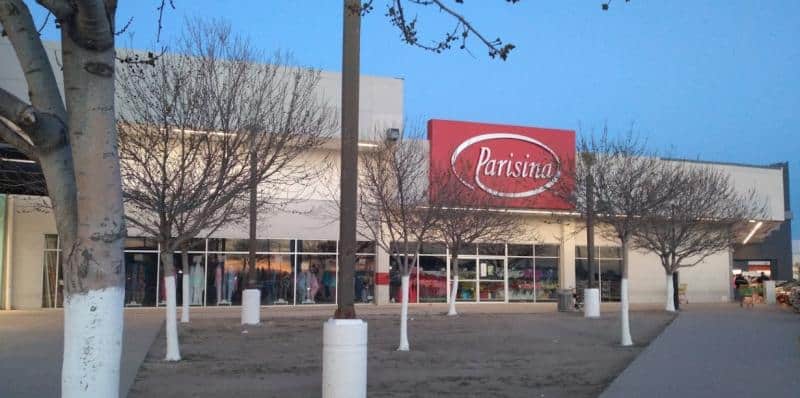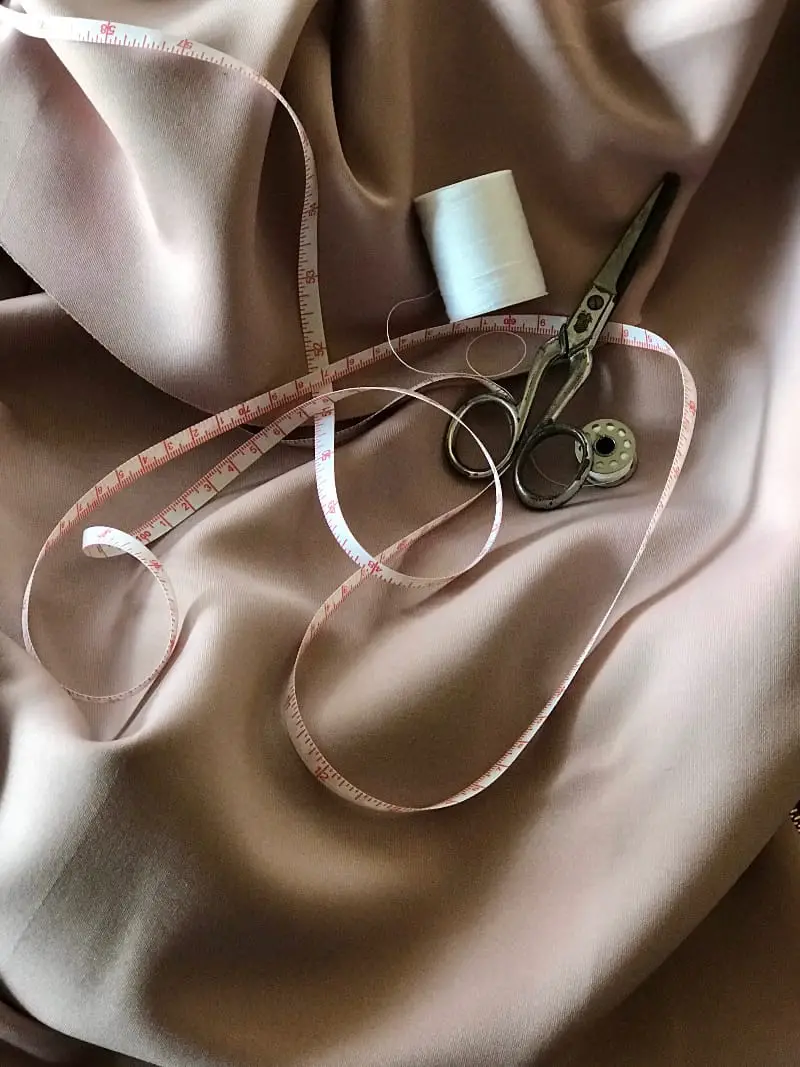With more than 600 stores throughout Mexico and online sales, Grupo Parisina is the country’s most extensive fabric and hobby chain. If you’ve ever been in one, you’ve experienced the gigantic, somewhat puzzling selection of items and either loved or hated it. Started in Mexico City 90 years ago, in 1933, Grupo Parisina keeps a close eye on its clientele and continually updates and expands its offerings to keep them happy.
Most of Parisina’s business is from fabric (tela), sold both retail and wholesale. There can be hundreds of options at any given store, from delightful seasonal prints and playful children’s designs to nubby 100% cotton manta and elegant dress fabrics suitable for a special occasion or New Year’s soiree. Bear in mind that fabrics appear several months before a holiday or season to allow home seamstresses time to sew their creations. That also means you’ll often find big lines of shoppers—or even crowds—when the date gets close to Mexico’s Dia de la Independencia or the Christmas season.

Parisina sells everything needed for sewing: buttons, thread, zippers, embroidery supplies, even sewing machines. It also carries many lines of upholstery and curtain fabrics, some of them imported. Through its complete website, you can pay with credit cards, debit cards, bank transfers, or PayPal. According to the website, the company ships throughout Mexico via Estafeta, with packages usually arriving within a week.
One of the very best things about Parisina is that if you buy curtain fabric, their crew of local maquiladoras will make the curtains for a small charge. You’ll see samples of curtain styles hanging above the bolts of fabric, and employees will assist you in making your order and getting the right amount of fabric for your windows. (Packaged, ready-made curtains and a big selection of curtain rods are also available.)
While there may not be any Hobby Lobby or JOANN stores in Mexico (yet!), Parisina offers many options for DIYers. Like its U.S. counterpart, shelves are filled with craft supplies of every kind, including beading materials, felt (in squares or by the meter), high-quality artificial flowers and plants, glass vases, and wooden boxes of every size. Also abundant are bolts of beautiful Mexican oilcloth in a wide range of patterns and colors.
Mixed in these aisles are assorted home décor items offering fairly satisfying “retail therapy” if you’re missing the options you’re used to north of the border. I’ve found Parisina to be one of the best places to find well-made, attractive and affordable wood picture frames; the ready-made throw pillows can be helpful either as-is or re-cover, and even some throw rugs are OK. You can also find everything you need for a party, with themed items you won’t find elsewhere.

One caveat: Getting fabric cut and paying for it can be pretty bewildering and a lesson in extreme patience, especially if the store is crowded. Unlike the U.S., where you take your bolt of fabric to a central cutting table, have it cut, then take the cloth and receipt to a central cash register, usually by the exit, to pay, at Parisina, there are different (and I would say less efficient) multi-step processes.
Usually, two lines form by a central cutting table area; signs hang from the ceiling instructing customers to make their order at one and pick up their order at the other. If you can, bring the bolt of fabric to the first line; otherwise, when it’s your turn, ask the employee to go with you to get it. They will calculate the cost of the amount of fabric you want, give you a receipt, and put the uncut bolt of fabric in a nearby “corral.” You, the customer, then must pay at the cashier, which is usually hidden in some corner of the store that’s not near the exit. After paying and getting a second receipt, you make your way back to the second line at the cutting table, present your new receipt, and have your fabric cut. Voila! (Bring your own bag as often they do not provide them.)
In other Parisina stores I’ve visited or during the busy holiday season, the process is different but equally confusing. You bring the bolt of fabric to a cutting table, where an employee cuts it and gives you a receipt. They then take your cut fabric to a central pick-up counter elsewhere in the store. Meanwhile, using the first receipt, you pay at a central cashier, which is near the fabric pick-up if you’re lucky. A second receipt will be stapled to the first and off you go to get your already cut and bagged fabric.
Sounds straightforward, you say? Add 12 or more people in each line with specific problems, multiple bolts of fabric, and innumerable questions, and you get more of a realistic picture. It helps to think of it as comedy.
Be that as it may, Parisina offers DIYers a big bang for their proverbial buck—or peso, as the case may be.
For more information: Visit your local Parisina store, although employees may not be familiar with everything offered online at www.laparisina.mx. Don’t see what you’re looking for? Contact Parisina at [email protected].
Janet Blaser is the author of the best-selling book, Why We Left: An Anthology of American Women Expats, featured on CNBC and MarketWatch. She has lived in Mexico since 2006. You can find her on Facebook.
